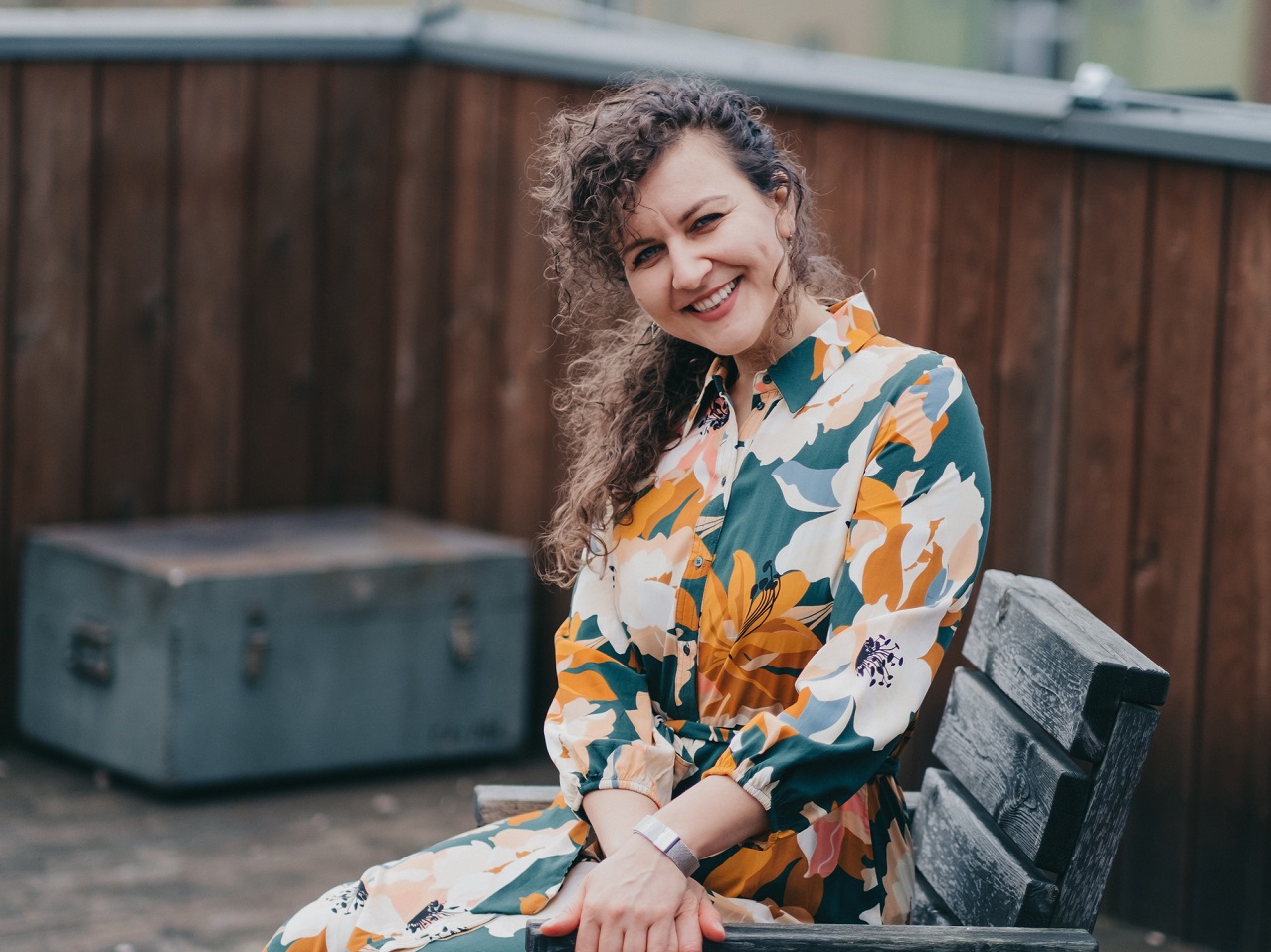
Dr Agnieszka Janik on Communities of Practice as part of Arqus
Dr Agnieszka Janik is a lecturer in the Department of Early Childhood and Pre-School Pedagogy at the Faculty of Historical and Pedagogical Sciences of the University of Wrocław, an Erasmus+ coordinator, as well as WP03 coordinator in the Arqus European University Alliance. She is involved in Communities of Practice. What are Communities of Practice? How to join, and how to establish your Communities of Practice? We invite you to read the following interview!
What are Communities of Practice as part of Arqus?
Communities of Practice (CoPs), in the simplest terms, are international teams working within the Arqus alliance, consisting of educators, practitioners, or administrative staff who share knowledge, and good practice. The CoPs officially operate under Work Package 03 (WP03), which is under the coordination of the University of Wrocław and the University of Granada.
Communities of Practice are working groups, committees, communities, and other formations that bring people working on common grounds to collaborate. This concept relates to learning theory and involves “systems of collective critical inquiry and reflection focused on building a shared identity and a collective intelligence garnered over time” (Nussbaum-Beach and Hall, 2012). In this sense, CoPs are a key area of collaboration between universities involved in Arqus, and bring together particular activities in respective areas of development. In doing so, they create a network – the social tissue necessary for collective or institutional learning.
Why have they been created? What is the purpose?
CoPs’ objective is to support and create formal and informal task groups. By doing so, they aim to develop an institutional learning approach between university members and – as a result – institutional transformation.
Significant objectives of the CoPs include developing an identity, and sense of belonging to the Arqus alliance at all participating institutions, as well as creating spaces for bench-learning and peer-learning in all areas of university activity. In doing so, they aim to offer staff development opportunities across all participating institutions.
What COPs have already been established?
There were nine CoPs officially established during three rounds of recruitment. Each CoP is unique and tends to deal with a different theme. CoPs are categorised into:
- Research Support Officers
- Arqus International Forum on Romance Studies (AIFRS)
- Cultural Activities
- Arqus Cultural Communities’ Network
- Community of Practice for Discrimination, (Sexual) Harassment and Mobbing Prevention and Management at Universities
- Projects Finance Management Offices
- Exchange Network on Urban Studies
Each CoP has prepared their own Work Plan tailored to the needs of members, with three main objectives in mind: community building, learning, and employee development. The Work Plans include activities such as joint activities, discussions, sharing knowledge, and communication channels.
Updates on CoPs’ activities and leaders’ contact details can be found on the website: https://arqus-alliance.eu/our-communities/communities-of-practice/
Description of sample CoPs
Research Support Officers (RSO)
The CoP gathers people who support the preparation of grant proposals – international office staff, technical staff, and administration coordinators. At least one representative of each university entering the alliance belongs to the group. The CoP holds meetings at least twice a year – once in person, and once online. During those meetings, members share project development know-how and plan joint activities.
Arqus International Forum on Romance Studies (AIFRS)
AIFRS-network is an initiative bringing together more than 50 scholars representing various Arqus universities since 2021. The forum brings together academics studying Romance languages, mainly in the fields of linguistics and literary and cultural studies. CoP activities include summer schools, international seminars for Arqus university students, and conferences on language minorities in Europe. In the context of ARQUS’s objectives, the group focuses research and teaching on developing mutual understanding skills.
Who can join Communities of Practice? How to join?
Any member of the research, teaching, or administrative staff employed at one of the nine alliance universities can join an existing CoP.
We invite you to have a look at the website: https://arqus-alliance.eu/our-communities/communities-of-practice/ where you will find leaders’ contact details and information on specific CoPs. Detailed information on the specifics and dynamics of each of them can be provided by the Coordinator – dr Agnieszka Janik (agnieszka.janik@uwr.edu.pl).
How to establish a Community of Practice?
In order to set up a new CoP, it is necessary to define the theme of its activities and to gather interested participants representing at least four universities belonging to the alliance. Next, submission of proposal has to be filled and sent to the WP03 Coordinator withing the current call for expressions of interest. WP03 Coordinator and Arqus Office Director provide assistance in seeking partners for the establishment of a CoP.
Recruitment is ongoing. For updated information, please visit: https://arqus-alliance.eu/call/communities-of-practice-2023/
Interviewed by Agata Mitek
Translated by Wiktoria Łapka (student of English Studies at the University of Wrocław) under the supervision of Maria Kozan as part of the translation practice.



